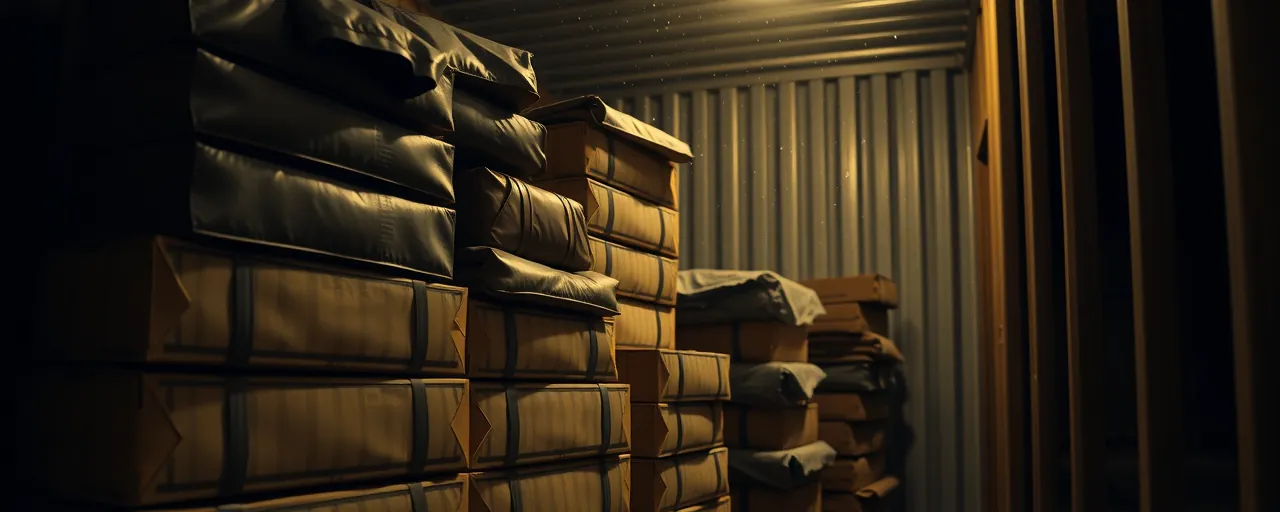A Growing Danger Close to Home
In the Tri-Border Area, where Argentina, Brazil, and Paraguay meet, Hezbollah operates a hidden financial empire. This Iran-backed terrorist group fuels its violence with nearly a billion dollars a year from illegal trade. Narcotics, counterfeit money, and smuggled goods aren’t just crimes—they’re the lifeblood of a group plotting chaos. This threat looms large, and America cannot afford to look away.
The U.S. Department of State’s Rewards for Justice program has stepped up, offering $10 million for tips to disrupt Hezbollah’s cash flow in this region. Every dollar they raise buys weapons or trains fighters. Ignoring this hands Iran’s proxies the means to destabilize entire regions. Action is urgent.
Inside Hezbollah’s Financial Web
Hezbollah’s operatives are clever, exploiting weak borders and corrupt systems in the Tri-Border Area. They launder money through drug trafficking, oil smuggling, and fake luxury goods. Their front companies, disguised as construction or real estate firms, quietly funnel millions to Lebanon. They even procure dual-use technology that could arm missiles aimed at our allies.
Iran, a state sponsor of terrorism since 1984, bankrolls Hezbollah with up to $1 billion annually. The Islamic Revolutionary Guard Corps orchestrates this, using fake charities and smuggling routes to move cash and weapons. The U.S. Treasury’s May 2025 sanctions on four Hezbollah financiers exposed Tehran’s deep involvement.
When sanctions strike, Hezbollah pivots to cash couriers and informal hawala networks. Research shows these tactics raise their costs by 20 percent, yet they still generate millions. Their adaptability demands a response that’s just as relentless.
Rewards for Justice Delivers Results
Rewards for Justice, launched in 1984, has paid over $250 million to informants who’ve helped stop terrorist threats. Its $10 million offer targets Hezbollah’s donors, exchange houses, and front companies in the Tri-Border Area. Past tips have led to arrests, seized assets, and dismantled cells in Argentina and Paraguay.
Some question whether rewards address the core issue. The answer lies in the program’s impact: 125 payouts have weakened Iran’s proxies. Each financier caught or dollar blocked chips away at Hezbollah’s power. Why hesitate to expand a strategy that’s already working?
The Weakness of Diplomatic Half-Measures
Certain policymakers advocate negotiating with Iran or relying on groups like the Financial Action Task Force. They call for transparent registries and sanctions that avoid civilian harm. This approach assumes Tehran will play fair. History proves otherwise: the 2015 nuclear deal enriched Iran, which then boosted Hezbollah’s funding.
These voices also warn that tough sanctions push crime into shadowy channels or hurt civilians. Yet sanctions have frozen billions in terrorist assets—$6 million from Al-Qaeda by 2018 alone. Hezbollah’s reliance on vulnerable hawala networks creates openings for interdiction. Diplomacy alone won’t stop a group arming for conflict.
America’s Blueprint for Victory
To defeat Hezbollah, America must target their finances with precision. Expanding sanctions under Executive Order 13224 can hit every bank, business, and facilitator linked to Iran. Section 311 of the Patriot Act can designate entire regions as money-laundering risks, cutting Hezbollah off from global markets. Since 2017, OFAC’s 50-plus designations have already disrupted Iran’s networks.
Rewards for Justice deserves more resources to gather intelligence. Combining this with covert operations and partnerships, like the DOJ’s efforts in Argentina and Brazil, can dismantle front companies. Delay only strengthens Tehran. Can we afford to let Iran’s terror network grow unchecked?
This battle extends beyond the Tri-Border Area. Hezbollah’s funds fuel attacks worldwide, from Lebanon to Latin America. By starving their finances, we shield our allies, secure our borders, and build a safer future. America has the resolve and the tools. Now is the time to act decisively.
